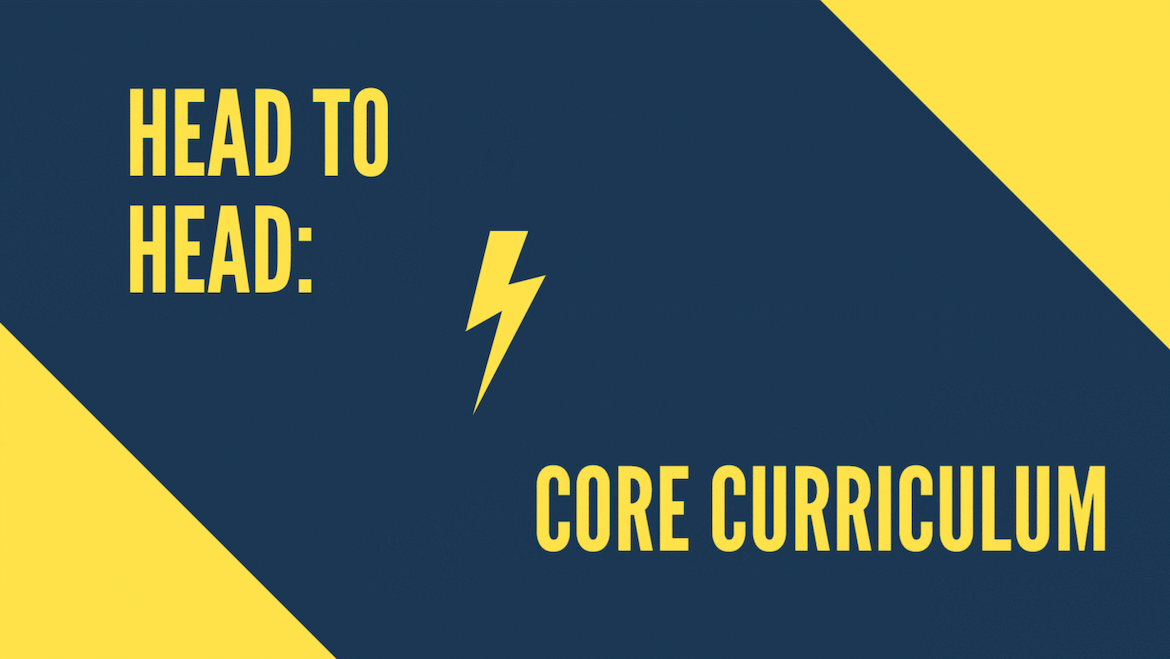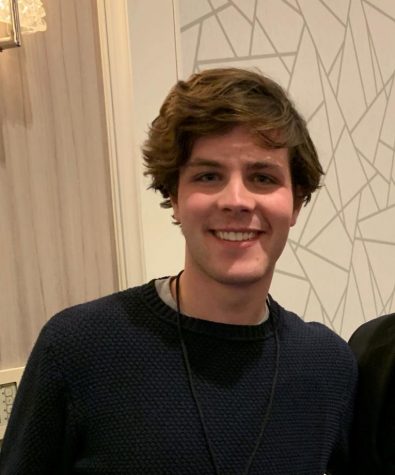Head-to-Head: John Carroll should have a core curriculum
Mar 26, 2021

This column is part of a “Head-to-Head” series. Read the counterargument by Eric Fogle.
Last semester, I took a course called History of Medicine in America. I’m not a history major. I don’t have the slightest interest in medicine. However, the class fulfilled my Issues in Social Justice core requirement. So I took it.
In all honesty, I’ve had mixed feelings about the core curriculum at JCU. Jamming two linked courses into an already packed schedule, for instance, is frustrating. But it’s courses like History of Medicine that make me realize just how important the core curriculum is.
In our weekly class, we discussed medicine in America from the precolonial period to the era of modern medicine. Who benefited from medical advances? Who was left out? What role does the government have in medicine? I grappled with these questions last semester as a global pandemic unfolded around me. It was, to say the least, a great learning experience.
Although as I sit here now I can only vaguely remember why the Flexner Report on medical education was important, I don’t think remembering minute details is the point of core classes. These classes do not exist just to fill our heads with obscure knowledge from some random period in history (although my history professor might disagree). Rather, core classes challenge us to confront ideas from new (and sometimes uncomfortable) angles.
Looking back, the class was not about medicine in America. Sure, maybe in a proximate sense it was, but in a much broader, more real sense, it was about much more. It asked questions of inclusion and exclusion, the role of government in society, gender roles, inequality, workers’ rights and many more pressing questions posed through the lens of the history of medicine.
Sure, in my Political Science major we address similar questions but always through the lens of Political Science. Core curriculum classes force students to think about the world in different ways. It forces us to think about the world through the lens of math or philosophy or theology or physics or history. While one history class will hardly make me a historian, in some way or another, it will influence my worldview, imbuing it with a new, deeper meaning.
As naive as it may be to say in this era of commodified education, I still believe that liberal arts education is fundamentally meant to produce thoughtful, informed, functioning members of society. Taking only courses in your major, with only peers in your major, taught only by professors in your major does not achieve this mission. Core classes can help to pop the bubble of a single discipline and help us to realize the interdisciplinary nature of the world –– something that greatly benefits us both individually and as a society.
In core classes, we address ideas from new perspectives with classmates from different academic backgrounds. The frustration of squeezing a random core class into my schedule pales in comparison to the knowledge and perspective gained by having to take a course outside my chosen area of study. This knowledge and perspective will continue to serve me long after I graduate, no matter what career I end up in.
Long live the core curriculum!













Abraham Flexner • Mar 29, 2021 at 8:18 pm
What do you mean you don’t remember the details of my report???